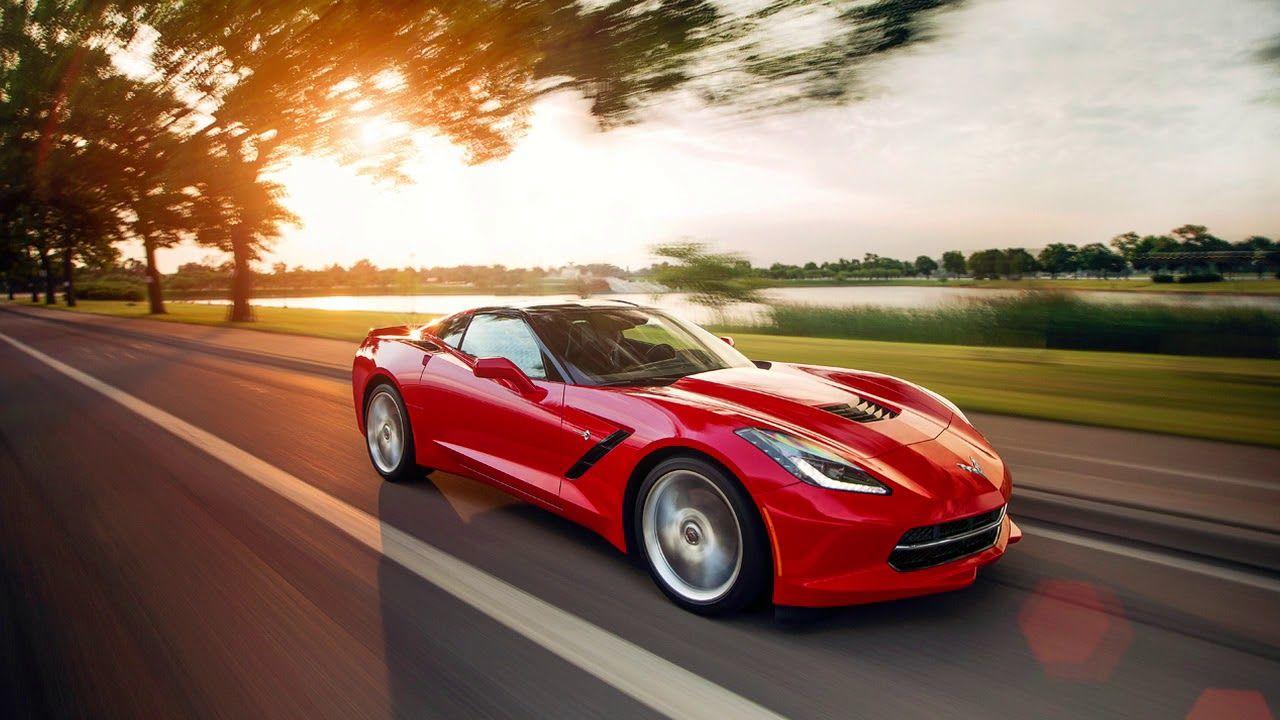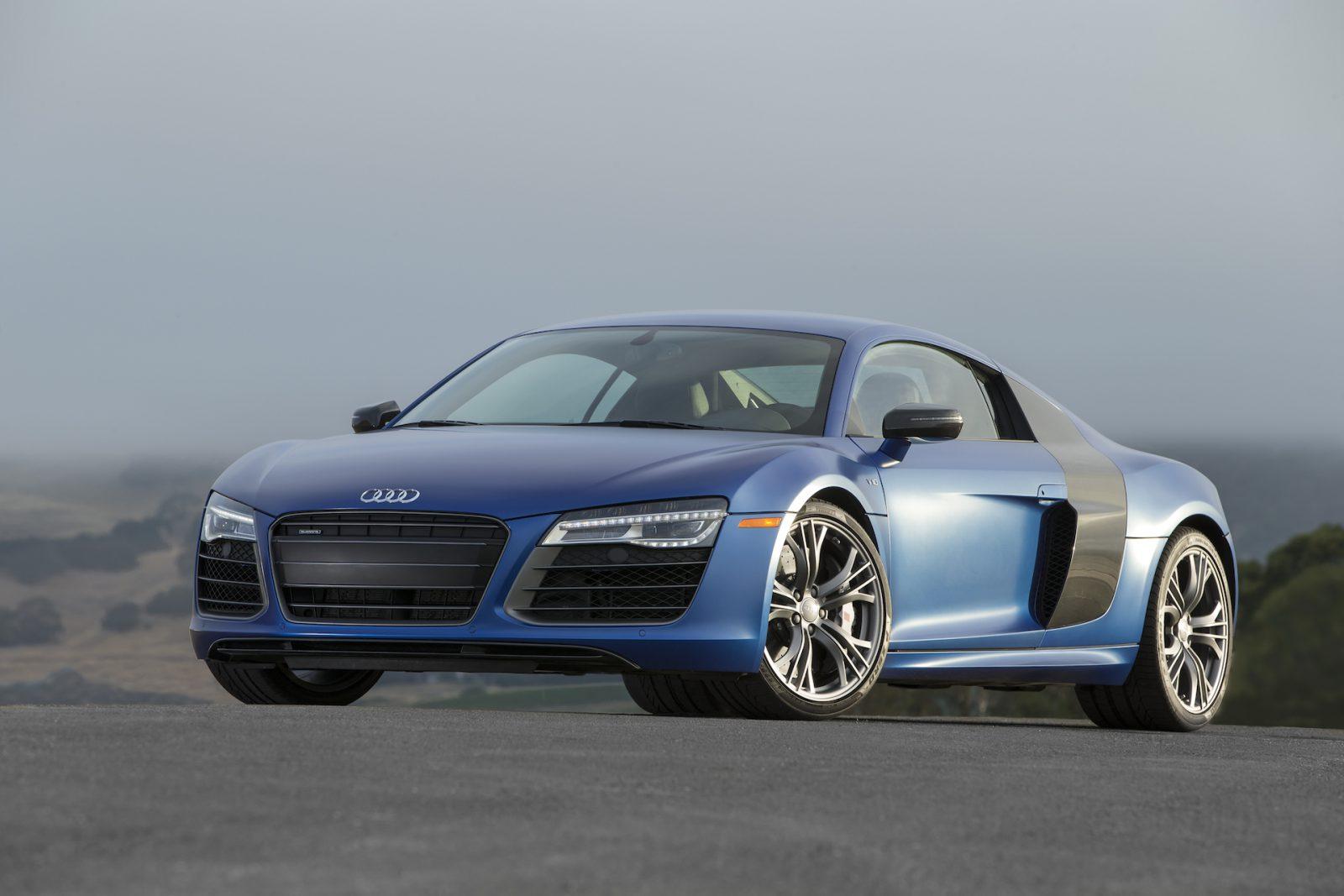That whooshing sound of a sports car is simply fantastic. That crazy thud sounds awesome! On the other hand, diesel cars are typically preferred over petrol cars for some apparent reasons. Diesel is more efficient and utilizes 20% less fuel as compared to petrol cars. Besides, it even minimizes the CO2 emission, which makes it a perfect thing for the environment’s health. The diesel engine can offer more low-speed torque as well. It means the car offers better power and performance besides delivering better towing capability. But then why does diesel sports car is not so much appreciated, even after it could be the best combination ever?
One of the reasons could be the ‘out of budget’ factor that makes most of the people only fantasize about it. Well, there are other reasons too, and here are a few of them explained below.
Contents
Diesel Sports Car – Why People Don’t Prefer Diesel Engines For This?
As we said, there are multiple reasons behind people not preferring diesel engines for sports cars. So, let’s dig into a few of them right here.
1. Vocals Matter
That whooshing sound may sound incredible and inspiring to a few, but there are many out there who don’t like the harsh sound of a sports car. Since these vehicles have to be extra light to be lissom on the roads, the diesel engine will end up making some harsh and loud noises that may irritate a few of us. Petrol engine sports cars, on the other hand, produces a sweet and soothing sound that doesn’t hurt the ears. So, sound is one major factor why people don’t prefer diesel sports car.

SEE MORE:
2. Heavier Than Needed
Diesel engines are supposedly the heavier engine. The auxiliary devices need more power from the engine to perform correctly. The more the energy required, more will the engine has to perform. And this is what makes it relatively heavier than needed in a sports car. Engines that are more substantial will be the last thing that anyone would require in a sports car. So, no matter how refines the diesel is, if it makes the engine heavier, is not appreciated by sports car manufacturers. Moreover, specific essential maintenance tips also have to be kept in mind for the smoother performance of any engine.
3. Higher Compression Ratio
What allows the diesel engines to function appropriately is a high compression ratio. It, in turn, needs the cylinder to survive the super high pressures, making it heavier than required. It leads us back to the point above, which states that the sports car engines do not go so well with the weighty engines.
4. Lower Mean Effective Pressures
In diesel engines, the mean adequate pressure is low, which further develops low torque. Together and even individually, both low torque and low mean effective pressure won’t be suitable for a sports car. So there are least chances of diesel engines surviving in the sports cars.

The Crux
In the end, it seems that even after a few of them are already in the market, not a good response from the users has been witnessed. Either the diesel sports car is not in the budget, or it doesn’t behave in the desired manner with what is expected by the sports car. The petrol engine is lighter and produces revs higher and that too at a faster pace than the diesel. It is why people prefer petrol engine in sports vehicles.



